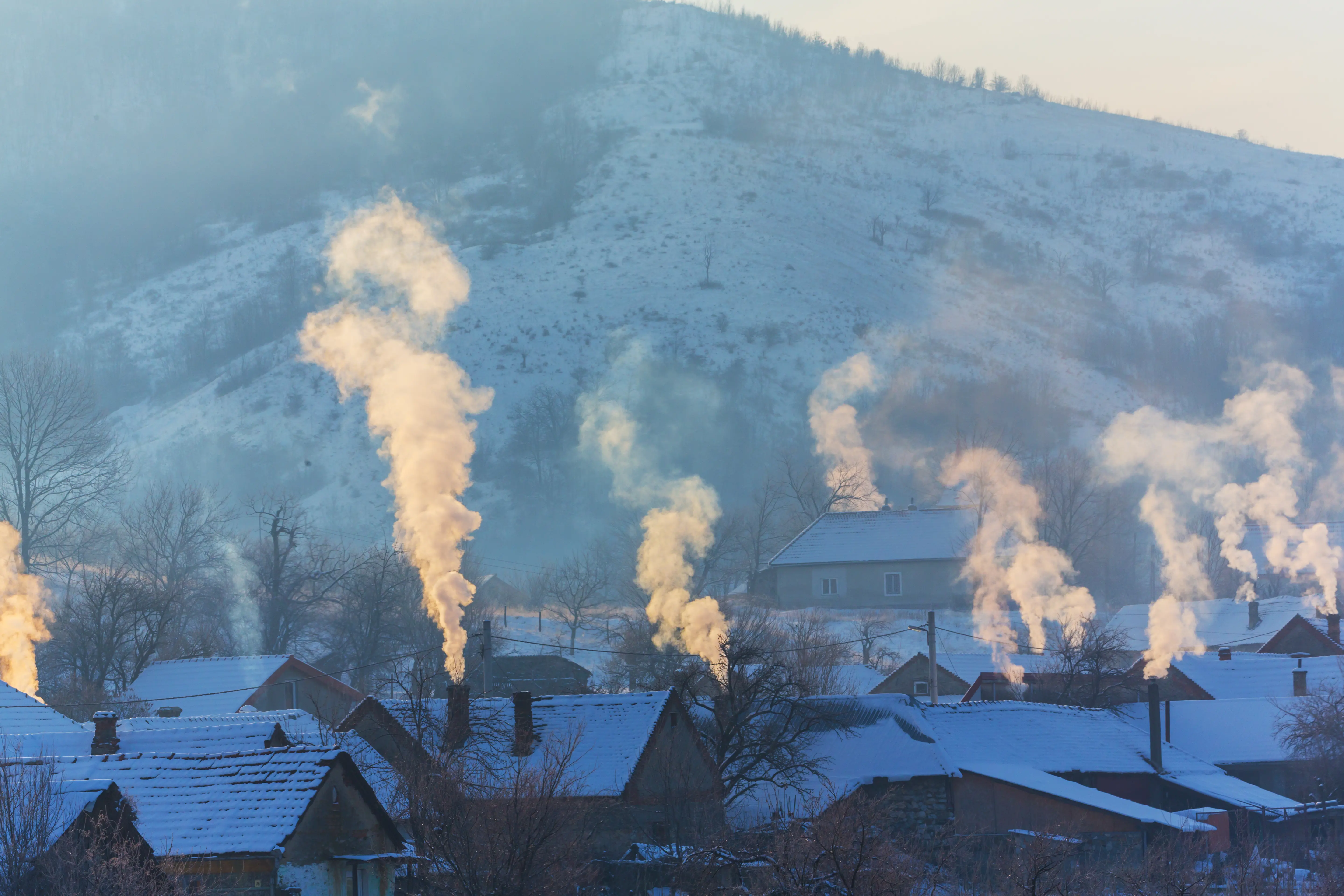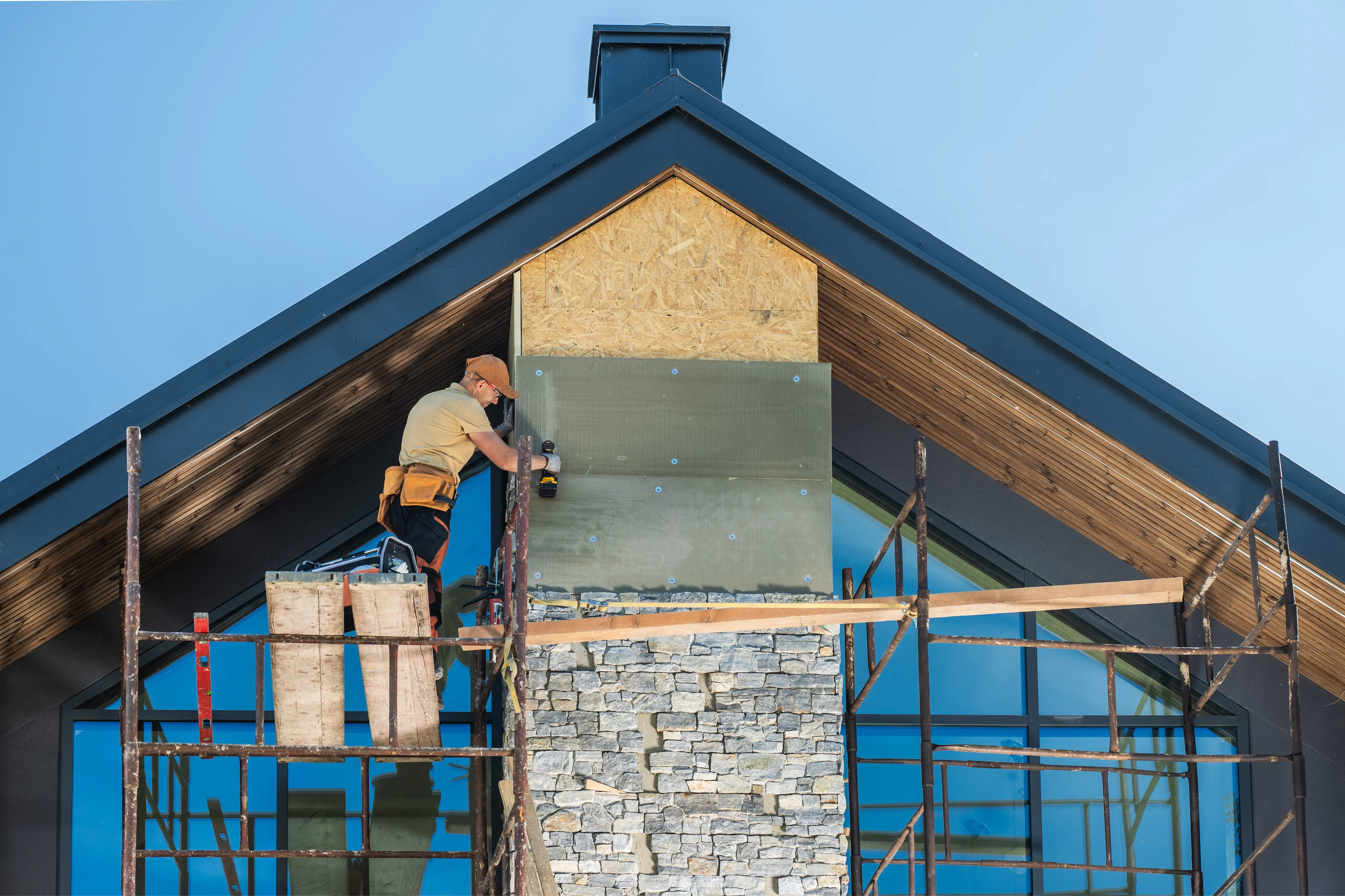Chimney Repairs and Home Insurance: What’s Covered and What’s Not?
informed decisions, maintain your property, and ensure long-lasting protection.

If you’re staring at a cracked chimney or wondering why your living room smells like smoke every time you light the fireplace, you’re probably also asking yourself: Will insurance cover this chimney repair?
The short answer is that it depends. The long answer involves knowing what caused the damage, what your policy says, and how you navigate the claim process. The amount of coverage and whether something is claimable are assessed on a case-by-case basis and depend entirely on your chimney’s condition.
Here’s what every homeowner needs to know about chimney repairs and home insurance.
Understanding what your policy covers
According to Forbes, the most common insurance policy for homeowners is called the HO-3. It covers your home and protects it against common “perils.” However, most standard homeowners insurance policies only cover sudden, accidental damages, such as:
- Chimney fires
- Lightning strikes
- Hail and storm damage
- Falling trees or debris
- Vandalism
In these cases, your policy is likely to cover both the damage to the chimney and any collateral damage to other parts of the house. But what happens if the damage is due to wear and tear, lack of maintenance, or gradual deterioration? Your insurance probably won’t cover it. That includes:
- Cracks from settling or freeze and thaw cycles
- Water damage from a missing chimney cap
- Interior flue tile damage due to long-term creosote buildup
Essentially, if the problem developed slowly and could’ve been prevented with regular maintenance, it’s generally considered the homeowner’s responsibility. That means the insurer is unlikely to cover it.
Most common chimney issues and how insurance applies
Chimneys are constantly exposed to the elements, which can lead to wear and damage over time. Let’s break down a few typical chimney problems and whether they would be considered for insurance coverage.
How to make your chimney repair more likely to be covered
Here’s where it gets tricky. Even if your chimney suffers damage from a covered peril, you still need to show physical proof that the damage was caused by an accidental or a sudden, dangerous event and not by years of neglect or human error.
Here’s how you increase your chances of a successful claim:
- Document everything: Take photos of damage as soon as it happens, and keep all repair receipts and inspection reports.
- Get a chimney inspection: A licensed chimney professional can provide a damage assessment that insurance adjusters will consider credible.
- Act fast: Most policies have strict timeframes for filing claims after an incident.
- Maintain records: Have annual chimney inspections and cleanings documented because it shows you’ve been proactive and have been doing your due diligence in keeping your structure sound.
Additionally, if your chimney was damaged in a storm, document damage to surrounding trees, roof shingles, or fencing. This can support your claim that it was sudden and not long-standing.
What should you do if your claim gets denied?
Don’t panic. Claims can be denied for a number of reasons, but that does not mean the decision is final.
Common reasons for denial:
- Damage deemed “gradual” or “pre-existing”
- Insufficient documentation
- No proof of a triggering event (e.g., no storm report)
What you can do:
- Ask for a written explanation of the denial
- Request a second inspection (some insurers allow it)
- Get a third-party opinion from a chimney specialist
- File an appeal or get a public adjuster involved
Sometimes, even just clarifying the language used in the inspection report can help turn things around. Getting expert assistance can also help increase your chances of having your claim approved.
Coverage gaps most homeowners don’t know about
There are a few common insurance blind spots that trip up homeowners when it is time to file a chimney-related claim:
- No separate coverage for masonry: Many homeowners do not realize that while the flue or chimney liner may be protected under standard dwelling coverage, the brick or stone exterior often isn’t. If your chimney’s masonry is cracking, spalling, or deteriorating from age or exposure, your policy might not cover it. Some providers allow you to add a separate insurance rider for masonry.
- No mold or mildew protection: Water intrusion (especially through damaged flashing or a missing chimney cap) can lead to moisture buildup in the chimney chase. If mold or mildew forms as a result, most standard policies explicitly exclude this kind of damage, as it is seen as preventable. However, certain insurers offer limited mold coverage endorsements for a small additional premium.
- No protection for cosmetic damage: Hairline cracks in brick or mortar joints, discolored masonry, or crumbling chimney crowns that haven’t yet compromised structural integrity often fall outside the “necessary repair” threshold defined by your policy.
Speak with your insurance agent or provider to ask about endorsements or policy upgrades that can fill these gaps. Depending on the insurer, you may be able to add mold coverage, often up to a set dollar limit. Additionally, some providers may offer cosmetic repair options, especially when the repairs are tied to a covered loss.
Preventing future denials by being proactive
Even if you are not dealing with damage today, maintaining your chimney is your best insurance policy. Schedule an annual chimney sweep and inspection, especially before winter, to catch issues early and keep your system in safe working order.
Most importantly, keep detailed records of every maintenance visit. This can be invaluable if you ever need to file a claim, showing your insurer that you’ve done your part to prevent damage.
RELATED ARTICLS

.webp)
Schedule an Inspection Now
with expert chimney care.







